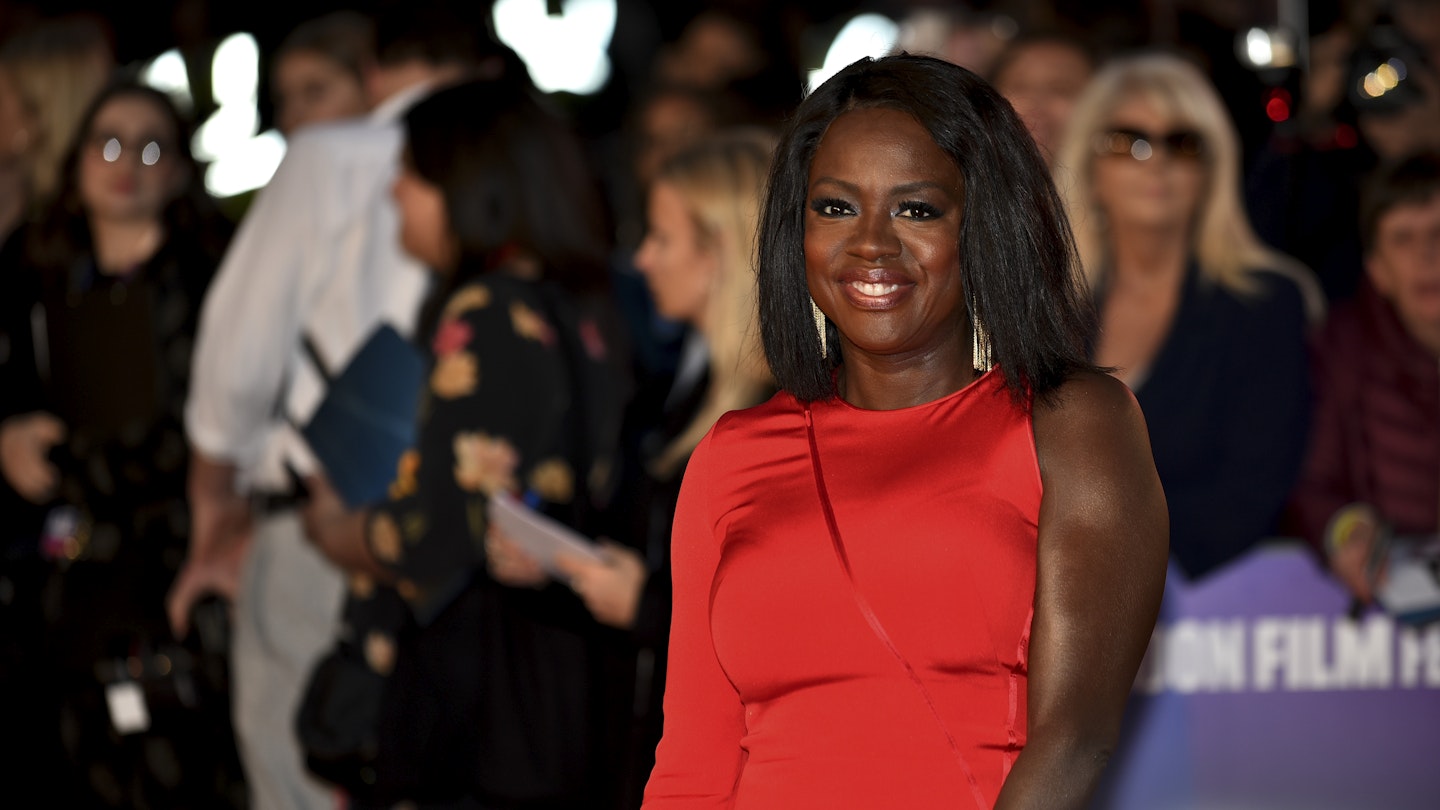Have you yet seen Widows, the heist thriller where three mob wives conspire to avenge their husbands’ deaths following a botched robbery? Viola Davis, Cynthia Eviro, Elizabeth Debicki and Michelle Rodriguez, as well as Daniel Kaluuya, Colin Farrell and Liam Neeson, it’s a glorious romp through gender and racial politics in 2018. It's going to get Viola Davis an Oscar nomination and it might even just get Liam Neeson one and there'll be a 100 thinkpieces on Viola Davis's and Cynthia Eviro's arms before the year's out.
And while the screenplay, by 12 Years A Slave Oscar-winner Steve McQueen and Gone Girl writer Gillian Flynn, marks it in 2018, including references to Barack Obama and Donald Trump and current debate around gun violence and wealth inequality and police brutality and cynical exploitation of women’s rights, the story is far older.
Because Widows is based on a 1980s ITV show of the same name. The screenplay was written by Lynda La Plante, and actress fed up of the whimsical roles written for her by male writers. The notion was that a group of big-haired, shoulder-padded women were caught up in a man’s world of heists and robberies, using their feminine wiles to beat all the men at their own game. McQueen recently explained that the original show inspired him because ‘I was 13 years old and watching [Widows] with my mum and sister and it just resonated with me,’
‘I could identify with those women because they were perceived as not being capable and were judged on their appearance. I just felt this connection.’
Ann Mitchell, who played the lead character in the 1984-1986 series, actually appears in the 2018 film, as Elizabeth Debicki’s nasty mum, and you might recognise her from Eastenders, too. Ann told The Guardian that one thing so groundbreaking about Widows, which became an international success, was that ‘It was a show led by women at every level, from Lynda through to Verity Lambert who produced it. And of course, there were four women in the leading roles: that made it stand out. People responded to it.’
The tragic story, though, is that despite a woman-heavy production team, a #MeToo story lies at the heart of the ITV series. Eva Mottley, who played getaway driver Bella O’Reilly, and was the only black woman in the show, and indeed one of very few black women on primetime television at the time, alleged she was racially and sexually abused on the set of Widows by the production team. She quit the show and months afterwards, she took her own life on February 14th 1985. She was replaced in the show by Debby Bishop.
McQueen says that #MeToo is bittersweet, and knows that his female-led film will be framed as part of the movement: ‘If this movie can be an object within that conversation, fine by me. It’s about four women from different classes and racial backgrounds who come together to take power, and that’s what’s going to happen. In some ways it’s fundamentally American.’
What’s more, though, is that the 2018 film is dedicated to Eva Mottley’s memory, which is, well, a nice touch for a film that is essentially about women - and their very special, very rare male allies - looking out for other women.
